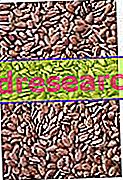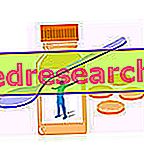What are lignans
Lignans are substances of natural origin that help us maintain a healthy heart and strengthen our immune system. Contained in the woody tissues of plants, in cereals, especially in rye, and in some vegetables (carrots, broccoli, cabbage, strawberries and berries), are phenolic compounds formed by the union of phenylpropane molecules.

Properties and Uses
In addition to the herbalist field, lignans are substances of enormous interest also in the pharmacological field, thanks to their anticancer properties.
Together with isoflavones and coumestans, lignans belong to the class of phytoestrogens, substances that appear to contribute to lowering the risk of breast cancer, cardiovascular diseases and even prostate and colon-rectal cancer.
Lignans are therefore recognized for their ability to prevent and counteract certain forms of cancer and especially prostate, colon and skin cancers. They also exert a protective action against hepatotoxic agents, cardiovascular diseases and the immune system.
We conclude this chapter by recalling that when we talk about cancer there are no magic potions or "special foods" and that prevention takes place, not only by following a diet rich in lignans, isoflavones and antioxidants, but also by adopting a more attentive lifestyle and respectful of our most precious asset: health.
Lignans in food
Unlike isoflavones (famous soy), lignans are not associated with the protein fraction but with the non-starch polysaccharidic plant fraction. These substances are present in high quantities in sesame seeds and in flax seeds; they reach higher concentrations in whole grains than in refined ones.



